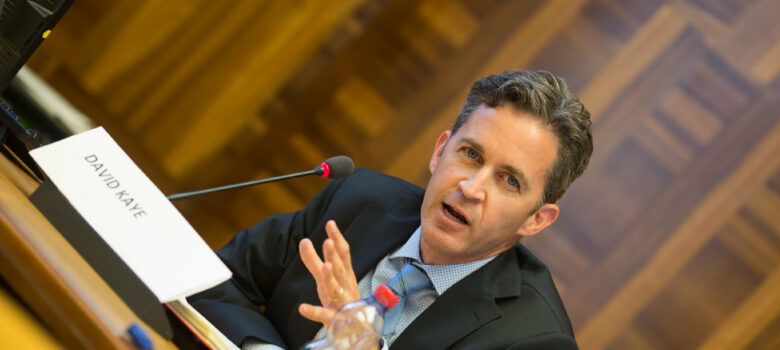Canadian Heritage Minister Steven Guilbeault is expected to soon introduce new legislation designed to address online harms through increased regulation. Reports indicate that the bill will target five categories of illegal content: hate speech, terrorist content, content that incites violence, child sexual exploitative content and non-consensual sharing of intimate content. The details will matter, however, as failure to ensure due process for content removal and strict limits on scope will raise constitutionality concerns.
David Kaye is a clinical professor of law at the University of California, Irvine, and served as the United Nations Special Rapporteur on the promotion and protection of the right to freedom of opinion and expression from 2014 until 2020. He joins the Law Bytes podcast to discuss the challenges associated with balancing regulation and preserving freedom of expression online, the policy considerations that governments should be thinking about, and the risks that arise from getting the balance wrong.
The podcast can be downloaded here, accessed on YouTube, and is embedded below. Subscribe to the podcast via Apple Podcast, Google Play, Spotify or the RSS feed. Updates on the podcast on Twitter at @Lawbytespod.
Credits:








I suspect a number of foreign sites, especially those that get very little revenue from Canada, will say the Canadian government does not have jurisdiction over them and will ignore any takedown orders from Canada. Some might tell Canada that if you don’t like our content then you can block our site. Some large sites might go to court in their countries and get decisions that the sites do not have to comply with Canadian takedown orders.
For example, if a US court ruled Facebook was not subject to Canadian regulation then what could Canada do? It could try and fine Facebook and seize any assets Facebook has in Canada, but I doubt that Facebook has much in the way of assets in Canada. It could hope that enough Canadians stop using Facebook that Facebook decides to comply with Canadian orders. It could threaten to order ISPs to block Facebook – an option that would have a lot of political ramifications.
For sites with a small Canadian presence, Canada might fine the foreign site, but trying to fine a foreign site will be like trying to fine a Buffalo TV station. It won’t work. That will leave the Canadian government with two options: do nothing or order ISPs to block the foreign site.
Ultimately, regulating online harms will be hit and miss until there is international co-operation on this issue.